On February 22, 2017, Deadline reported that the Writers Guild of America (WGA) was on “strike footing” after an informational meeting about its 2017 negotiations for a collective bargaining agreement suggested members might authorize a strike against producers should negotiations prove dissatisfactory for the union.
Whether the actual sentiment of the WGA members is to strike or not to strike, the implications are worth noting for the SAG-AFTRA stand-in. Should the Writers Guild strike, productions may experience a work slowdown or stoppage as they run out of scripts to produce. You may find you’re out of a stand-in job.
You may have never been in a position where you had to strike, be in the middle of a strike, or support another union’s strike. Here are some basic considerations in the event that a strike may occur in 2017 by the Writers Guild.
Prepare Now
The collective bargaining agreement (CBA) that the Writers Guild has with television and theatrical producers — collectively known as the Alliance of Motion Picture and Television Producers, or AMPTP — expires on the evening of May 1, 2017.
Negotiations between the WGA and the AMPTP will begin on March 13, 2017, in Sherman Oaks, CA. Negotiations may very well continue up until the last minute of May 1, after which point the contract expires.
Given past behavior in negotiations, the parties may agree to extend the current CBA for a period of time to allow for more bargaining if new terms cannot be agreed upon before the expiration. If the negotiations prove unfruitful, the WGA may eventually authorize a strike, wherein its members must not work until the AMPTP and the WGA come to satisfactory terms and arrive at a new CBA.
Given the May 1st expiration, and given a possible WGA strike authorization on or shortly after that time, SAG-AFTRA stand-ins might need to consider stepping up their game in procuring stand-in work in the meantime. If production work is slowed or stopped after May 1st, that will likely mean a diminished stand-in income for as long as the WGA strike lasts. (The Writers Guild strike from 2007-2008 lasted 100 days — just over three months. It began about five days after the expiration of the 2007 contract.)
Stepping up your game includes, for the time being, getting more stand-in work than you usually do, getting longer days of stand-in work (or staying away from stand-in work that books at a lower rate or that typically has little to no overtime), working as a stand-in on weekends, or landing a core stand-in position for a lead actor on a production.
Consider the Pension and Health Implications
If you are out of work as a stand-in because of a WGA strike, you will not be accumulating days or income toward your SAG or AFTRA pension or toward SAG-AFTRA health insurance.
Building up days of stand-in work ahead of the potential WGA strike may ensure that you qualify for a 2017 pension credit or for health insurance. Not building up days of stand-in work could suddenly jeopardize your ability to earn a pension credit. More critically, if you are close to qualifying for SAG-AFTRA health insurance and your base earnings period ends on June 30, 2017, a work slowdown or stoppage in May 2017 could seriously jeopardize your qualifying.
Working overtime and working more days than you might usually as a stand-in in advance of a potential strike will really aid and accelerate your eligibility for SAG-AFTRA health insurance. Getting that work now rather than waiting for May or June to get that work may make a huge difference in your life.
Unemployment Insurance and Strikes
If you are out of work because of a strike, depending on your state, you may not be eligible for unemployment insurance. In general, striking workers are not eligible for unemployment insurance. However, if you are out of work because the WGA is striking and that strike prevents you from obtaining work, depending on your state, you may qualify for unemployment insurance.
In advance of a possible strike, you may want to contact your state’s unemployment office and ask under what conditions you would be eligible or ineligible for unemployment in the case of a WGA strike.
Finding Other Work
If you predict you might be out of stand-in work because of a WGA strike, it may be helpful to look now at your other talents and see how you might employ them during such a strike.
Signing up with staffing agencies in advance of a strike may be helpful for you in procuring temporary employment quickly, especially at the start of the strike when others may be signing up with staffing agencies as well. If you have a valuable skill or trade, you might consider seeking out clientele in advance of a strike so that you can do work for them if the strike is authorized.
Doing any of the above might be helpful in filling in days of work when stand-in work has slowed or ceased during a WGA strike.
Taking Stand-In Work During a WGA Strike
If you are a SAG-AFTRA member, the CBA under which you work includes a “no strike” clause meaning that you will not strike during the term of your CBA.
So, if the WGA strikes, you are still obligated to report to work during that strike insofar as your SAG-AFTRA CBA is not yet expired. In other words, if the WGA strikes, that does not mean that SAG-AFTRA is also on strike.
If you are not working, you may want to join a picket line. In the 2007-2008 WGA strike, the Screen Actors Guild (SAG) showed support of the strike, and a number of SAG members picketed along with WGA members.
Follow Industry News
There are a number of publications that track the entertainment industry, that can help you stay informed about negotiations and potential strike authorizations.
Deadline, The Hollywood Reporter, and Variety are all valuable news resources for industry information. You may be able to sign up for email updates so that you get industry news as it breaks. Following these news resources on social media may provide you with additional information on negotiations as it breaks.
The Writers Guild of America and SAG-AFTRA as well as the AMPTP may also be resources for information on negotiations and strike authorizations. During the negotiations process, press releases from these organizations may be propagandistic in tone and inherently biased, so such releases should not be completely trusted as factual and may warrant additional consideration and fact-checking. Following these organizations on social media may also keep you up to date on negotiation news.
Conclusion
All in all, it helps to be informed. Knowing what is happening in the entertainment industry especially as it relates to collective bargaining agreements can have a large effect on your work and income as a stand-in.
If you choose to stay out of the loop and not follow the news around negotiations, you may find that you are unable to react quickly enough when work drops off suddenly because of a strike.
If you develop enough of a personal war chest and if you get more aggressive on booking stand-in work, you may find that you are best prepared for the loss of income and the threat against your eligibility for union pension and health insurance.
Have you ever experienced a strike as a stand-in? Have you ever worked as a stand-in during a strike? What were your experiences? Let us know below!
Discover more from Stand-In Central
Subscribe to get the latest posts sent to your email.

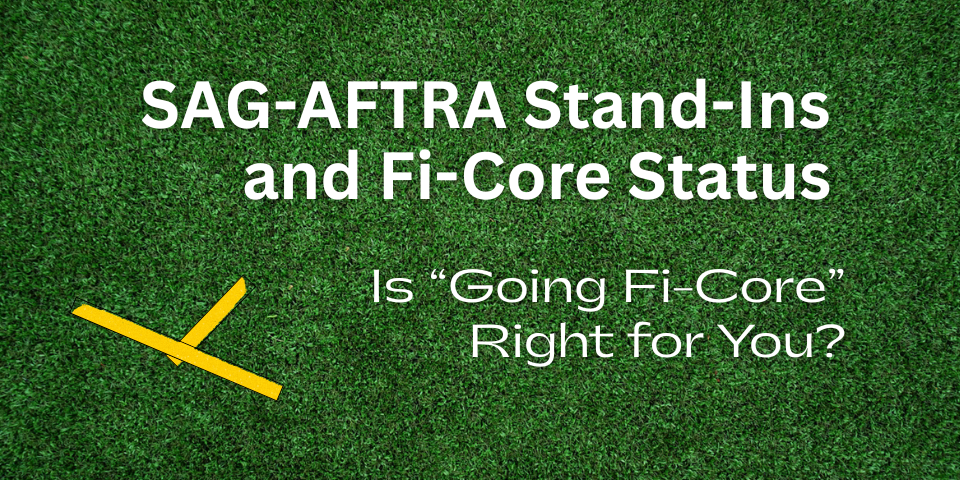
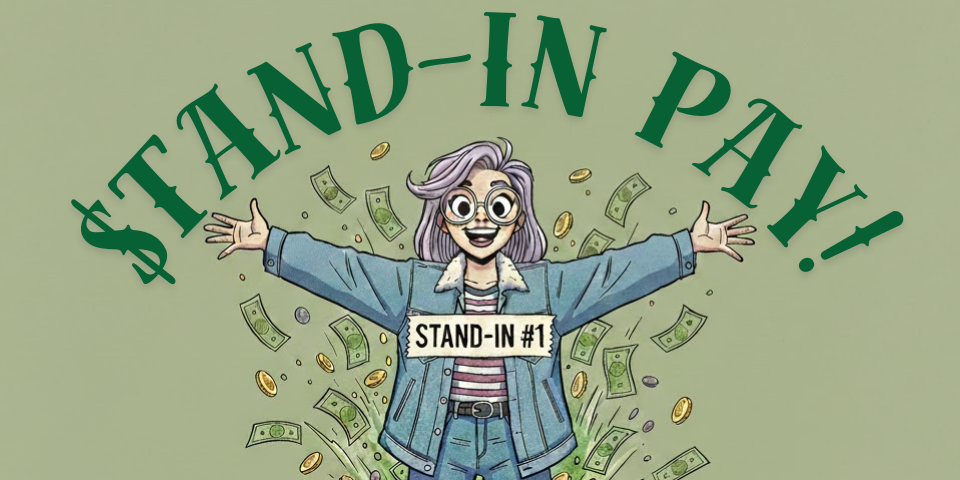
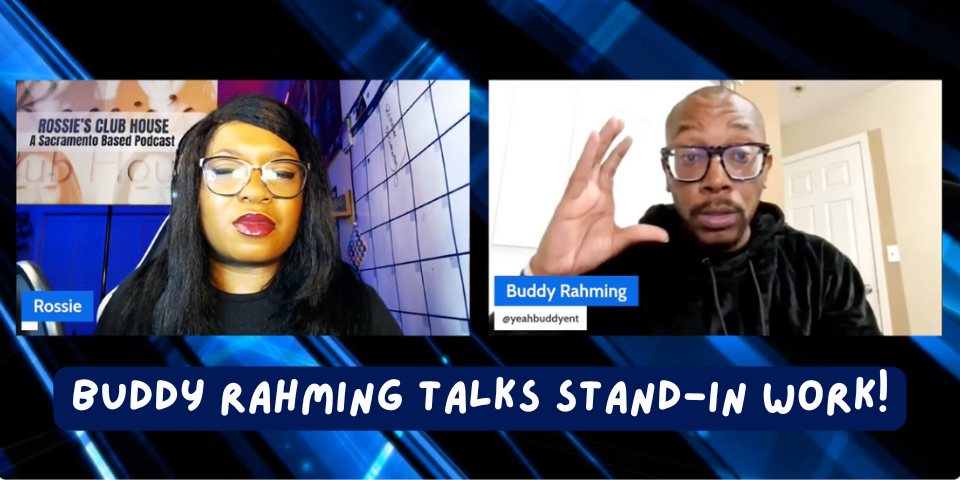
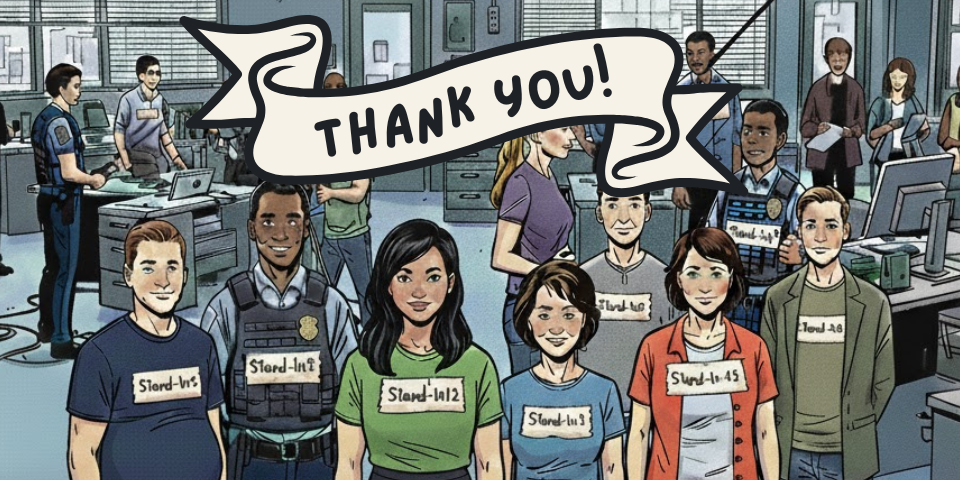
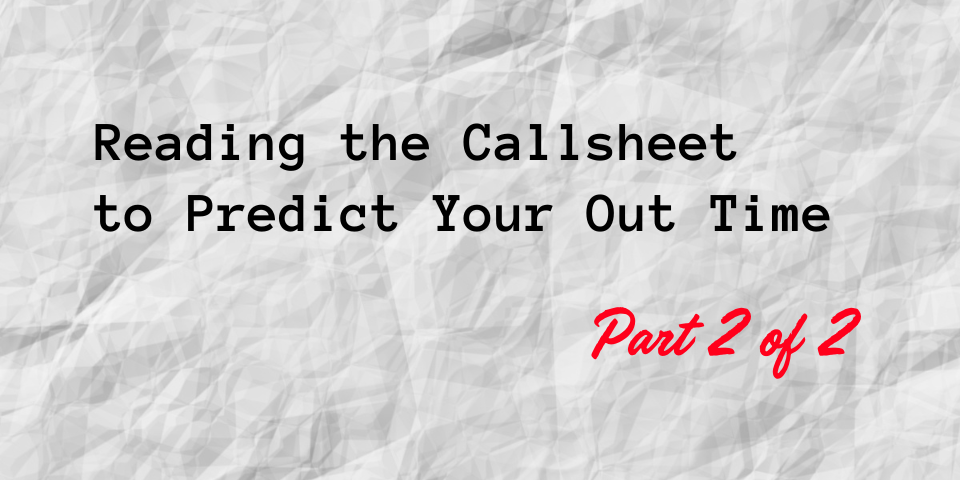
Leave A Comment